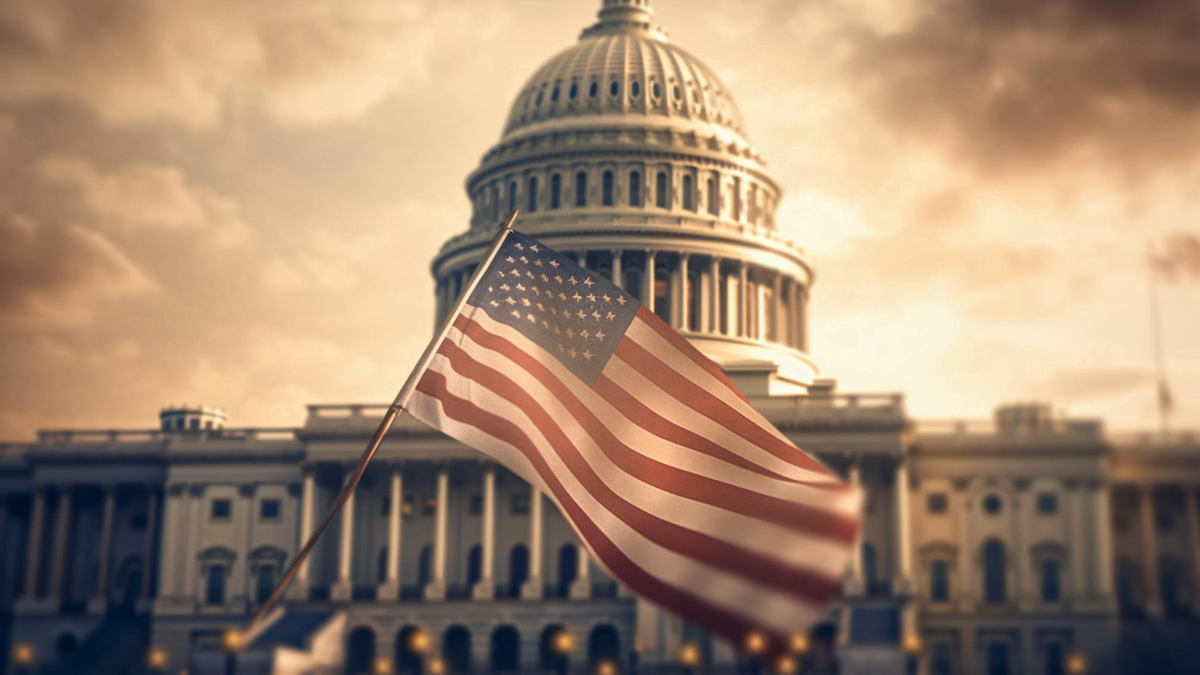The U.S. Patent and Trademark Workplace and the U.S. Copyright Workplace have collectively launched a complete examine assessing the intersection of non-NFTs with mental property (IP) rights and legislation. The exploration concerned public inquiries, roundtable discussions, and literature critiques to grasp the nuanced points associated to NFTs.
The report acknowledges the “copyright and trademark infringement associated with NFTs.” Nonetheless, it says they “do not believe that changes to intellectual property laws, or to the Offices’ registration and recordation practices, are necessary or advisable at this time.”
Navigating the Complexities of IP Rights within the NFT Enviornment
The report highlights NFTs’ constructive points, resembling their potential to allow artists to obtain royalties from resales, support trademark house owners in model enlargement, and streamline the administration and switch of IP rights.
But, the report acknowledges the substantial challenges, particularly the widespread confusion concerning IP rights in NFT transactions and the potential use of NFTs in infringing actions.
Kathi Vidal, the Underneath Secretary of Commerce for Intellectual Property, commented on NFTs’ twin nature, stating, “NFTs offer unique opportunities for creators to leverage their IP rights but also present new challenges in keeping their work secure.” Vidal highlighted the continued efforts to grasp and adapt to the IP implications of those rising applied sciences, particularly via the USPTO’s Synthetic Intelligence and Rising Applied sciences Partnership.
In direction of a Balanced Strategy for NFTs and IP Rights
A key level from the examine emphasizes the complexities of implementing trademark rights within the NFT area, citing, “Trademark infringement is prevalent on NFT marketplaces, and trademark enforcement efforts are complicated by the decentralized and anonymous nature of NFT platforms.” This acknowledgement factors to the inherent difficulties posed by the decentralized structure of blockchain networks on which NFTs reside.
The examine revealed a basic consensus in opposition to creating NFT-specific laws for trademark infringement. That is partly as a result of fast evolution of NFT expertise and pending federal court docket instances which can be anticipated to supply authorized readability. Because the report notes, many such instances “are still pending and will likely provide answers.”
Trying to the longer term, the Places of work recommend that present statutory enforcement instruments are ample for present infringement points however spotlight the significance of product transparency and client schooling to sort out considerations past authorized boundaries.


